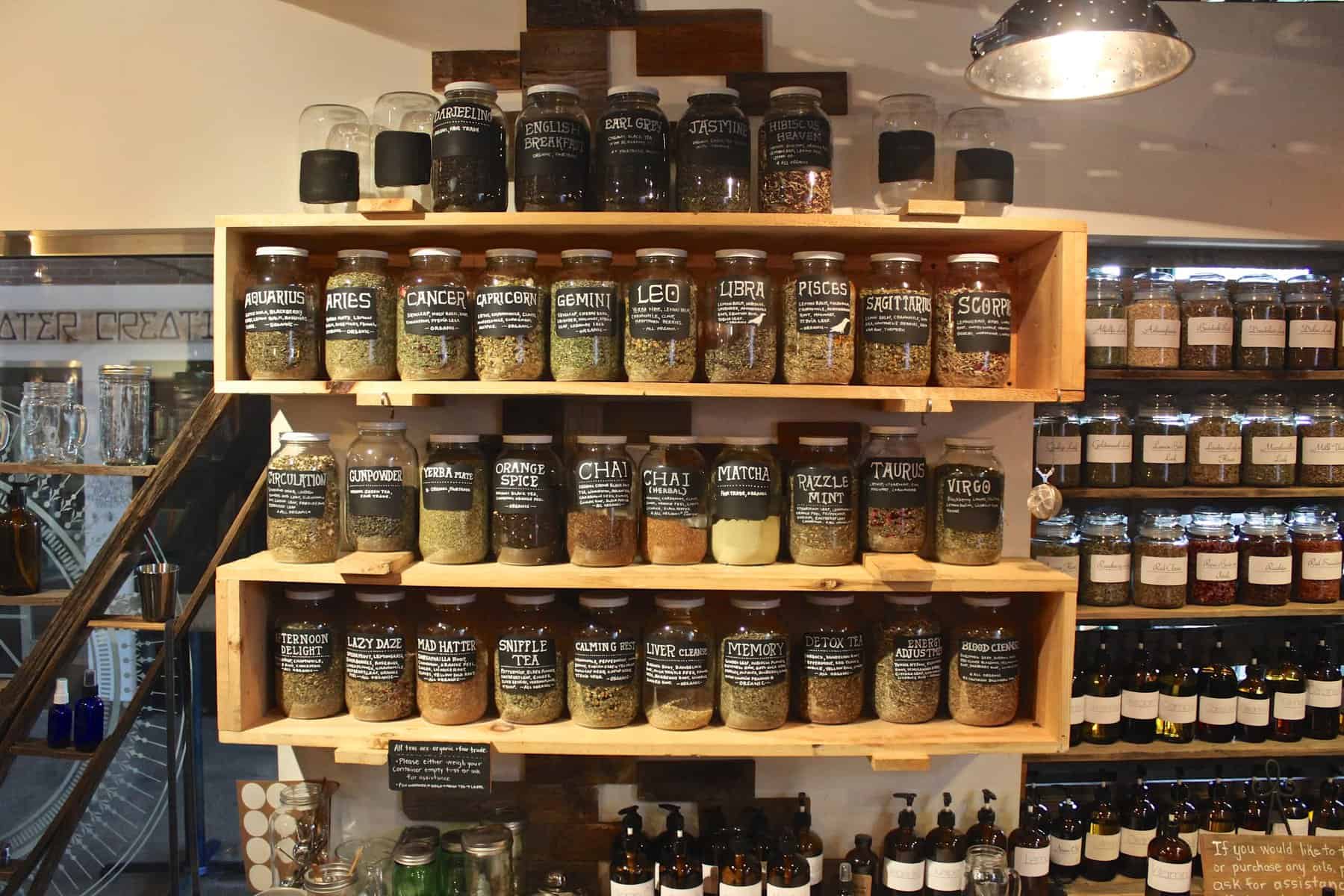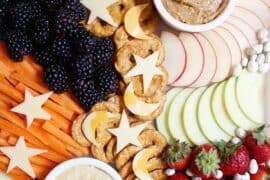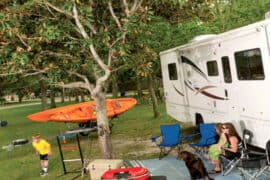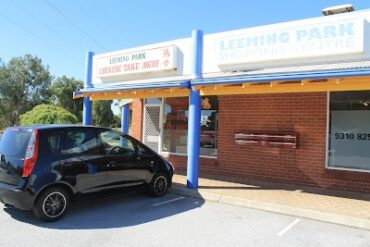Zero Waste Food Stores: A Parents’ Joyful Guide to Sustainable Grocery Shopping
Hey there, eco-conscious moms and dads! Are you ready to sprinkle a little green magic on your family’s grocery routine? Zero waste food stores are the treasure troves of sustainability, and we’re here to guide you on an adventure that’s good for your pantry and the planet!
Shopping without creating waste may seem like a quest for knights in shining armor, but don’t worry, you don’t need a sword, just a little bit of prep and some open-mindedness. Whether you’re a zero waste newbie or the hero who already composts everything, this guide will provide you with the know-how to transform your grocery shopping into an eco-friendly family affair.
What Are Zero Waste Food Stores?
Before we charge into the world of zero waste shopping, let’s make sure we all understand what zero waste food stores are. These special shops operate on the principles of reducing, reusing, and recycling, with the aim to eliminate packaging waste altogether. You won’t find disposable packaging here; instead, bulk bins, glass jars, and refillable containers are the norm.
Why Choose Zero Waste Food Stores?
Choosing to shop at a zero waste food store means you are taking a powerful step towards a more sustainable world. Not only does it teach your kids about environmental stewardship, but it also often leads to healthier food choices, as many zero waste stores focus on organic and local offerings.
Preparing for Your Zero Waste Shopping Trip
- Bring Your Own Containers (BYOC): Arm yourself with a variety of containers like jars, bottles, and reusable bags. Make sure they’re clean and ready to be filled with delicious food!
- Plan Ahead: Create a shopping list to avoid impulse buys which can lead to waste. Think in terms of your weekly meal prep and what ingredients you’ll need.
- Label Love: If you’re using your own containers, have the tare weight (the weight of the empty container) marked on them, so you only pay for the weight of your food items.
Involve the Kids
Turn grocery shopping into a family activity! Get the kids involved by letting them pick out their own produce or bulk items. Explain the importance of choosing package-free options and have fun while doing it. Zero waste shopping can be a wonderful hands-on learning experience about sustainability.
Navigating the Store Like a Pro
Whether you’re visiting a small local shop or a larger zero waste supermarket, getting to know the layout and the options available is key. Start with produce, move on to dry bulk goods like grains and pasta, and don’t forget to explore any other sections like spices, snacks, and household goods. Remember, the goal is to buy what you need, in the amount you’ll use, without creating unnecessary waste.
Embracing the zero waste lifestyle isn’t just about what you purchase; it’s about pioneering a movement. By frequenting zero waste food stores, you become part of a community dedicated to saving the earth, one reusable container at a time.
Stay tuned for more insightful tips as we continue our comprehensive guide for eco-smart parents – because when we work together, reducing our ecological footprint can be as delightful as it is impactful. Now, let’s get ready to embark on a shopping extravaganza that’s kinder to our planet and, let’s face it, more fun for our little ones!

5 Essential Tips for Parents Preparing for Zero Waste Food Stores
1. Embrace the Basics of Zero Waste
Before setting out, it’s crucial you and your little ones understand the basics of zero waste. It’s not just about shopping; it’s a mindset of mindful consumption and waste reduction. Teach the kids through simple concepts like ‘refuse, reduce, reuse, recycle, and rot’. Not only will this prepare them for the shopping trip, but it’ll also help them appreciate the value of the items they use.
2. Gamify the Experience
Make preparing for the store a game! Who can find the lightest container? What’s the most interesting reusable bag design? Getting kids excited about these preparations can turn the ‘chore’ into a fun prelude to the actual shopping trip, ensuring they’re more engaged.
3. Get Creative with Containers
Don’t be afraid to get creative with your containers. Old pasta sauce jars, pickle jars, and even well-cleaned yogurt tubs can serve as excellent zero waste vessels. This is also an excellent opportunity for a family craft project; personalize your containers with stickers or paints to help the kids feel a sense of ownership and excitement about their grocery tools.
4. Educate on Bulk Buying Benefits
Teaching the concept of bulk buying is vital in the zero waste journey. Inform your kids about how bulk purchases can reduce waste and often save money. Allow them to pick some bulk items themselves, guiding them to make smart choices both in terms of what they like and what is environmentally friendly.
5. Discuss the Journey of Food
Use the zero waste shopping trip as an occasion to discuss where food comes from. Emphasizing the journey of food from farm to table not only educates children on the value and effort behind the food they consume but also the importance of not wasting it. This conversation can easily be extended to include the negative impacts of packaging on the environment and how zero waste shopping helps alleviate those problems.
Armed with these tips, you’ll be well on your way to making zero waste food store visits an anticipated family activity filled with learning and laughter. Remember, each trip is an opportunity to instill sustainable habits, celebrate curiosity and foster responsibility in your kids, all while enjoying the process together. Embarking on a zero waste lifestyle can bring immense satisfaction and countless teachable moments for the whole family. Let’s make shopping sustainable fun!
See more great Things to Do with Kids in New Zealand here. For more information see here
Disclaimer
The articles available via our website provide general information only and we strongly urge readers to exercise caution and conduct their own thorough research and fact-checking. The information presented should not be taken as absolute truth, and, to the maximum extent permitted by law, we will not be held liable for any inaccuracies or errors in the content. It is essential for individuals to independently verify and validate the information before making any decisions or taking any actions based on the articles.




